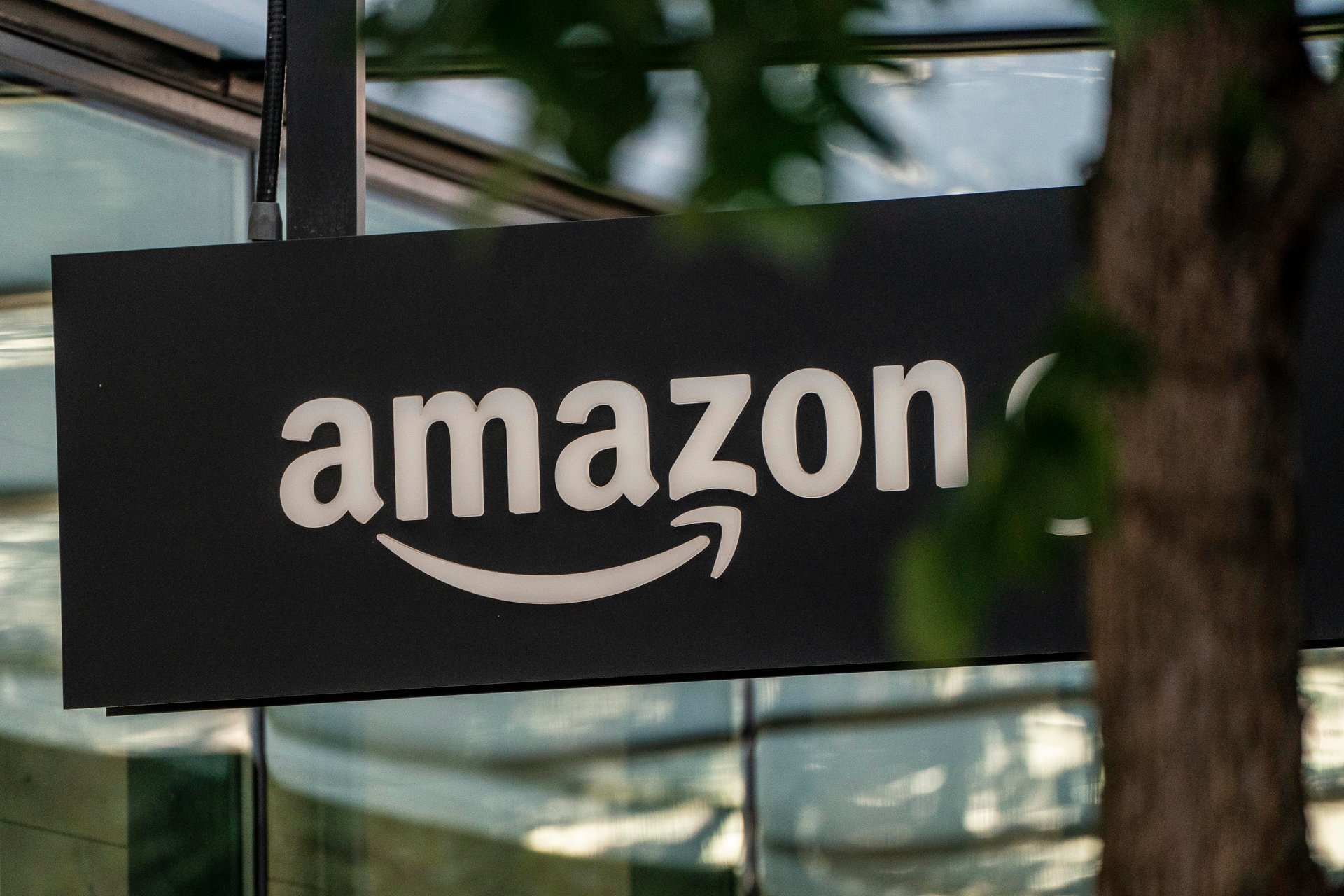🌏 Amazon and the EU settle their antitrust beef
Plus: Starlink isn’t just for calling in missile strikes


Good morning, Quartz readers!
Here’s what you need to know
Amazon and the EU reached an antitrust agreement. The e-commerce giant has committed to making significant changes to its business, avoiding a potential fine as high as $47 billion.
China changed its definition of a covid death. Only those who test positive and die of respiratory failure will be included in official numbers, fueling suspicion of undercounting.
The Taliban banned Afghan women from attending university. The country’s minister for education made the announcement and gave no end date to the suspension.
Japan made a surprise tweak to its yield control curve. Its central bank widened the target range for 10-year government bond yields, an adjustment to its ultra-loose monetary policy.
Elon Musk is looking for a new Twitter CEO, CNBC reported. Twitter’s current CEO, whose own platform voted that he step down in an informal poll, has previously said his role would be “temporary.”
A blast occurred on a key Russian energy pipeline to Europe. The explosion killed three but has not impeded natural gas flows, which have been rerouted, according to Gazprom.
The EU will investigate Broadcom’s buyout of VMWare. The chip maker’s planned $61 billion purchase of the cloud computing firm has raised antitrust concerns.
What to watch for
Amsterdam’s municipal government has proposed a series of reforms to reduce “nuisance tourism,” including restrictions on cannabis sales, stag parties, and pub crawls. The popular party destination for European visitors will also run a “stay away” ad campaign, as officials aim to improve liveability and safety for its residents.
The Dutch city has long been a hot spot for visitors looking to enjoy liberalized drug laws, legalized sex work, and an “anything-goes” attitude. But as residents increasingly complain of late-night noise and dangerous encounters with unruly tourists, elected officials are looking to rebrand the city as a destination for travelers who are looking for something different.
The reforms also include banning public cannabis consumption, converting hotel spaces into residential homes, and setting a hard cap on the number of available beds in the city. Amsterdam’s city council will vote on the proposed measures today (Dec 21).
Starlink isn’t just for calling in missile strikes
Ukraine’s fight against Russian invaders has been enabled by Starlink, the world’s largest satellite network operated by Elon Musk’s SpaceX. Military forces and civilians in Ukraine have depended on the internet service to get by—and so has the country’s economy.
In 2021, before the conflict began, Ukraine exported $6.8 billion in IT services, about a tenth of the country’s total sales abroad. Internet companies in Ukraine have been using generators and Starlink connections to meet the demand for their work. Any post-war recovery is going to depend on the country’s digital economy and, to a large extent, continued use of Starlink.
Here are some other Starlink stats to know:
22,000: Terminals to access Starlink internet sent to Ukraine since Russia invaded
10,000: Additional terminals SpaceX is sending to Ukraine
1 million: Global Starlink customers
$1 billion: Annual revenue SpaceX likely generates from Starlink
Pop quiz: The cost of APR

What does using credit cards over cash cost the average American household each year?
B. $1200
C. $700
D. $350
✦ Find the answer to the pop quiz in the next Quartz Weekly Obsession, which drops today. Make sure to sign up for the email, and while you’re at it, grab a Quartz membership. We’re offering 50% off our usual price.
Surprising discoveries
Lionel Messi’s World Cup Instagram post has more likes than the population of Italy. It’s a new record for the platform, coming in at 65 million ❤️s (and counting).
Eighteenth century jewels stolen from a German museum were recovered. Although the Dresden White Diamond, affixed to an epaulet, remains missing.
“Kidults” are driving up toy sales. No such thing as being too old for a good set of Star Wars Legos.
Sea spaghetti is flummoxing marine biologists. As are several other USOs (unidentified swimming objects).
A Lambo might be delivering that kidney transplant. Such was the case for one patient in Rome.
Our best wishes for a productive day. Send any news, comments, recovered jewels, and Lego sets to [email protected]. Reader support makes Quartz available to all—become a member. Today’s Daily Brief was brought to you by Tim Fernholz, Ananya Bhattacharya, Sofia Lotto Persio, Diego Lasarte, Julia Malleck, and Morgan Haefner.